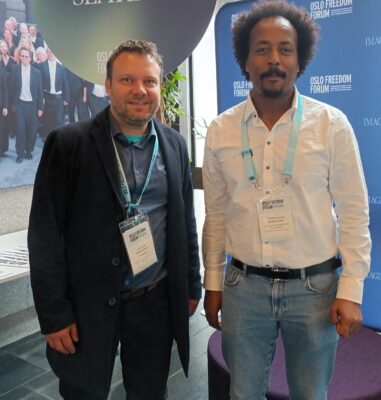By Edmond Y. Azadian
Post-mortems and horse-trading between the political parties are continuing in the aftermath of the June 7 parliamentary elections in Turkey. While Erdogan personally had garnered 52 percent of popular vote, which lodged him in the presidential office, his AKP party barely passed the 40-percent mark, which still keeps the party in the lead, but limits its powers to rule the country singlehandedly.
Erdogan’s hope was to win enough votes to form a government without begging other rival parties to join it as coalition partners. He was further expecting a majority in the new legislature to revamp the constitution and concentrate the executive powers in the office of the president.
Many reasons are being cited for Erdogan’s failure to achieve his goals, after ruling the country for 13 years with absolute authority.
Chief among the reasons was Erdogan’s ambition to rule the country as a dictator. Of course, revelations about the corruption cases played their role as well as the whistle blowing on Turkey’s military support for ISIS, which was obvious all along but was adamantly denied by the government.
Three days after the elections, a European Union report was released, adding insult to injury, with its reference to the Armenian Genocide, the closure of borders with Armenia, Turkey’s non-recognition of the legitimate Cyprus government, which is a full member of the EU, along with restrictions on the press and lack of progress on the Kurdish issue.








